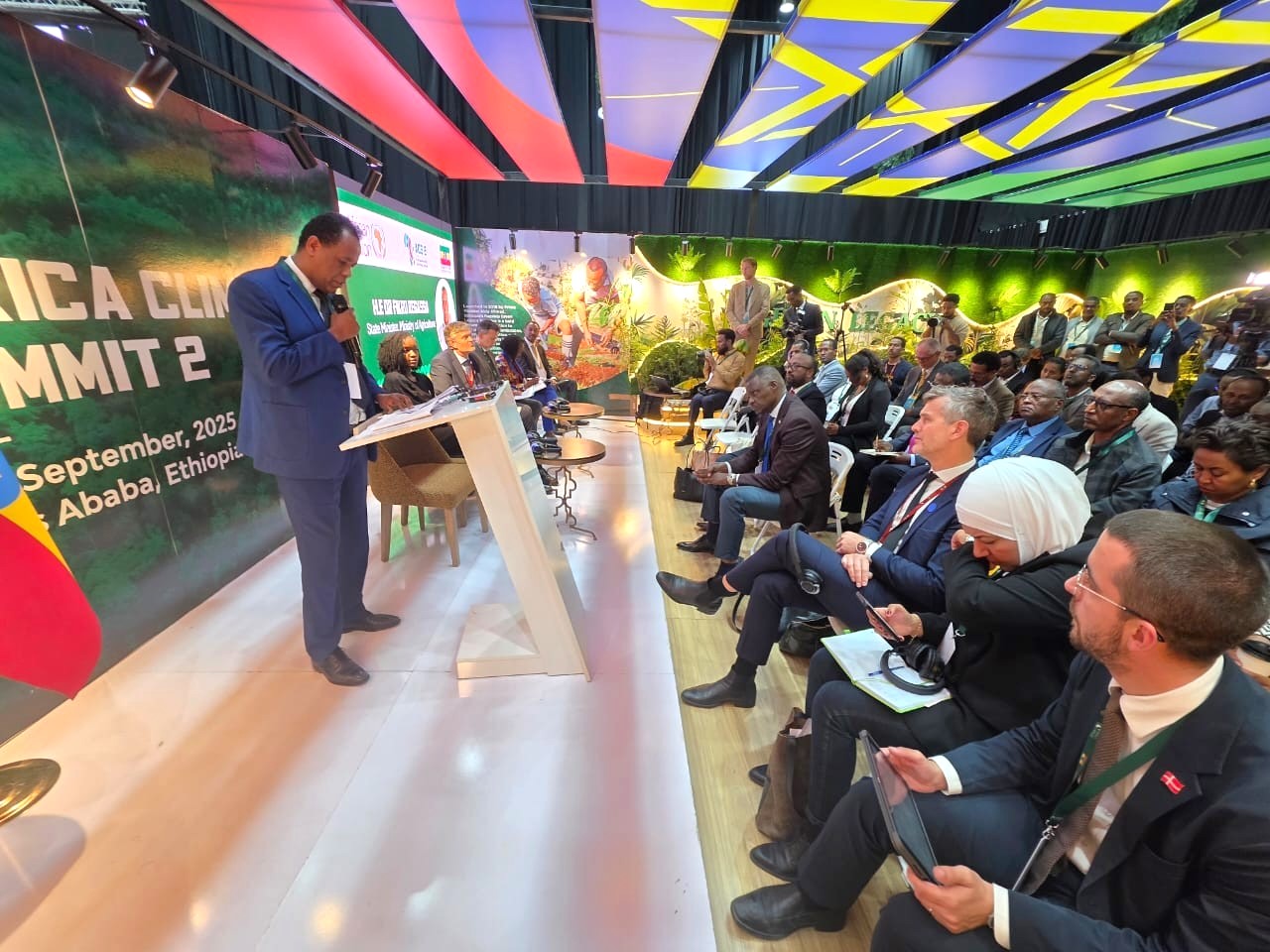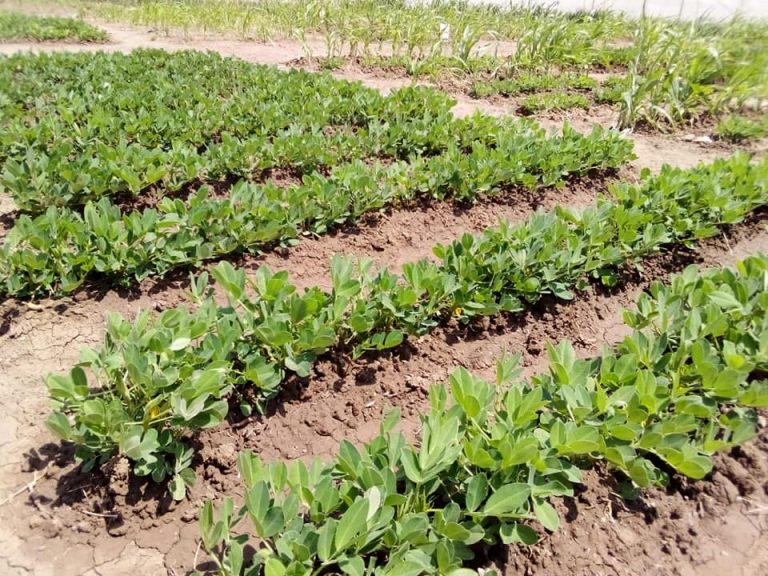Ethiopia launched the second phase of its flagship Agricultural Commercialization Clusters (ACC II) Program during a high-level dialogue at the Africa Climate Summit 2025, held at the Ethiopian Pavilion in Addis Ababa on September 10, 2025
The event, themed “Climate-Smart Agriculture and Value Chain Development for Food System Transformation in Africa,” brought together ministers, development partners, and international organizations to discuss sustainable agriculture, inclusive value chains, and climate resilience.
Agriculture remains central to Ethiopia’s economy, accounting for 80 per cent of exports and meeting 95 per cent of the country’s food needs. Despite this, smallholder farmers—the backbone of production—continue to struggle with food insecurity, poverty, low productivity, and limited access to markets. Dependence on rainfall, slow technology adoption, and barriers to private sector participation have further constrained nutrition security and economic transformation.
Launched in 2019/20, the first phase of the ACC Program sought to address these challenges through market-driven value chain development and cluster-based commercialization of smallholder farming. It reached over 4.4 million farmers, with more than 2.5 million organized into Farmer Production Clusters (FPCs). Results showed yields in ACC-targeted districts averaging 32 per cent higher than the national average, while FPCs achieved yields 44 per cent higher. Grain yields rose by 86 per cent, reaching 3.18 tons per hectare compared to the baseline, while horticulture yields grew six-fold to 33.4 tons per hectare. Overall production volume increased by 56 per cent, driving up the share of grains from 28 per cent in 2019 to 58 per cent in 2024.
Building on these gains, Ethiopia unveiled the Agricultural Commercialization through Climate-smart and Inclusive Innovations (ACCII). The initiative is designed as a national response to climate change, food insecurity, and rural poverty. It will operate in nine regions: Amhara, Oromia, Tigray, Sidama, Southwest Ethiopia, South Ethiopia, Central Ethiopia, Benishangul, and Somali.
The program will focus on nine strategic areas, including climate-resilient crop and livestock commercialization, climate-smart agriculture and natural resource management, digital agriculture, private sector engagement, gender and youth empowerment, nutrition, policy and advocacy, and the Humanitarian–Development–Peace (HDP) nexus. It also aims to provide opportunities for 300,000 internally displaced persons (IDPs) and refugees to become self-sufficient.

Speaking at the launch, Dr. Mandefro Nigussie, Director General of the Ethiopian Agricultural Transformation Institute (ATI), highlighted the initiative’s transformative ambition. “ACCII represents Ethiopia’s strong commitment to scaling up climate-smart, inclusive, and market-oriented agriculture. By engaging millions of smallholder farmers, empowering women and youth, and promoting sustainable value chains, this program will help unlock agriculture’s potential as a driver of food security and economic transformation,” he said.
H.E. Dr. Fikru Regassa, State Minister for the Ministry of Agriculture, emphasized the government’s policy direction.
“The Government of Ethiopia has placed sustainable agricultural transformation at the centre of our development agenda. Through policies that prioritize climate-smart farming, technology adoption, and inclusive value chain development, we are committed to ensuring food security for our people and contributing to Africa’s broader agricultural transformation,” he said.

Development partners also pledged support. Mr. Ole Thonke, Undersecretary for Development Policy at the Ministry of Foreign Affairs of Denmark, announced significant backing for the sector.
“The Government of Denmark is pleased to announce USD 75 million in support of the Ethiopian agricultural sector. Agriculture is a key driver of Ethiopia’s trade and export growth. It provides livelihoods for the population and supplies important products, like coffee, spices, and pulses. Denmark is proud to be a close partner to Ethiopia in this important sector that is essential for economic growth and job creation. Together with the Ministry of Agriculture and the Agricultural Transformation Institute, Denmark will, among other things, support stronger climate resilience and better export opportunities for Ethiopian agriculture,” he stated.
High-level representatives from Ethiopia, Rwanda, Somalia, Denmark, France, and other partners attended the launch, reaffirming their shared commitment to advancing climate-resilient agricultural transformation across Africa.



